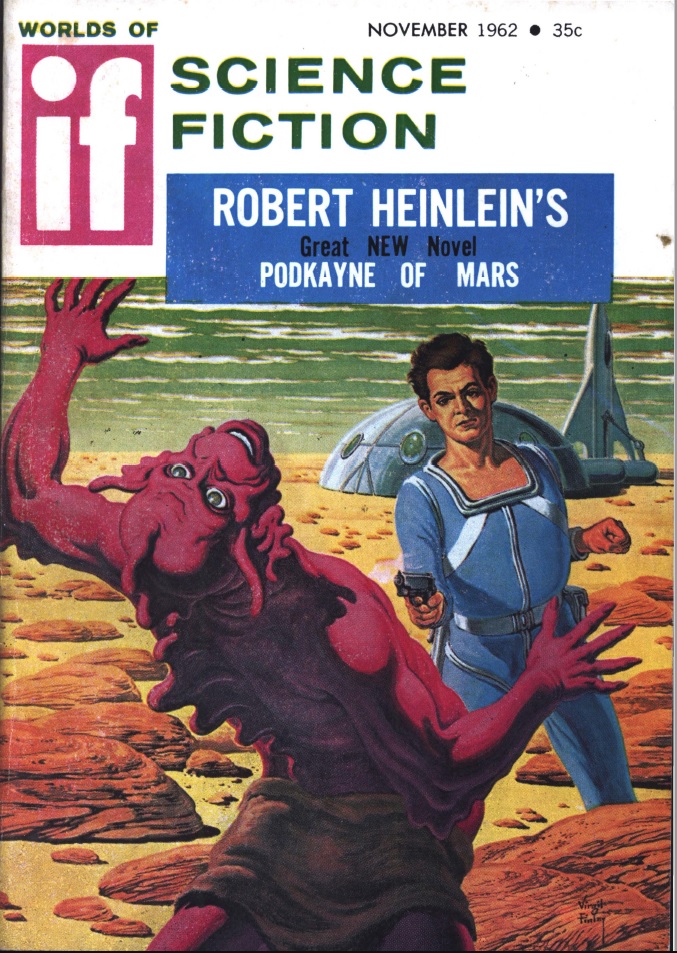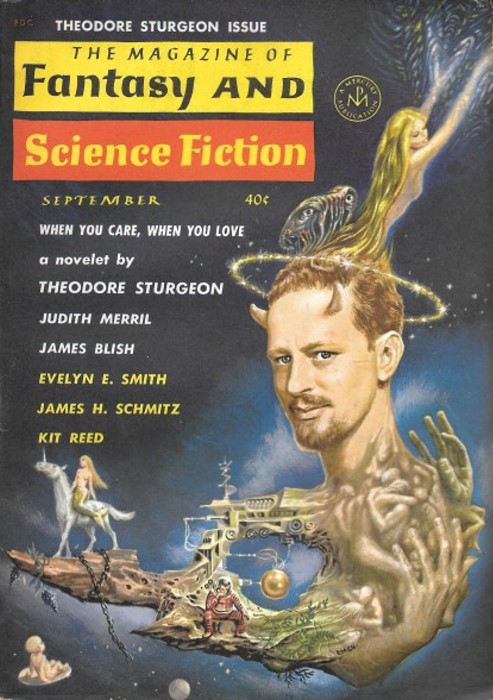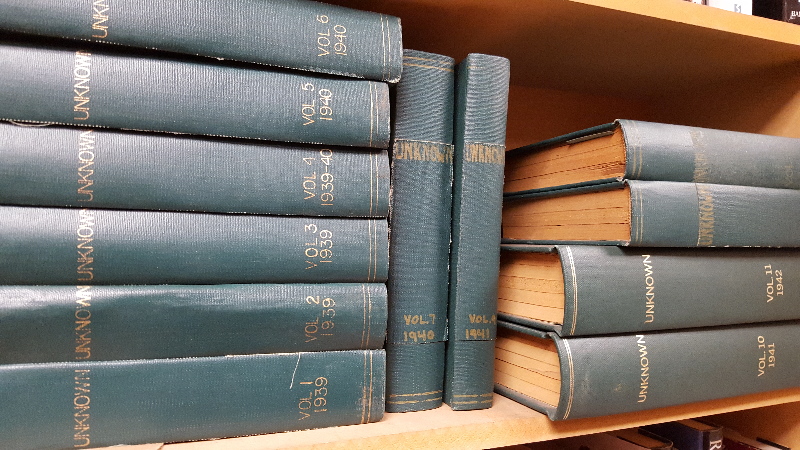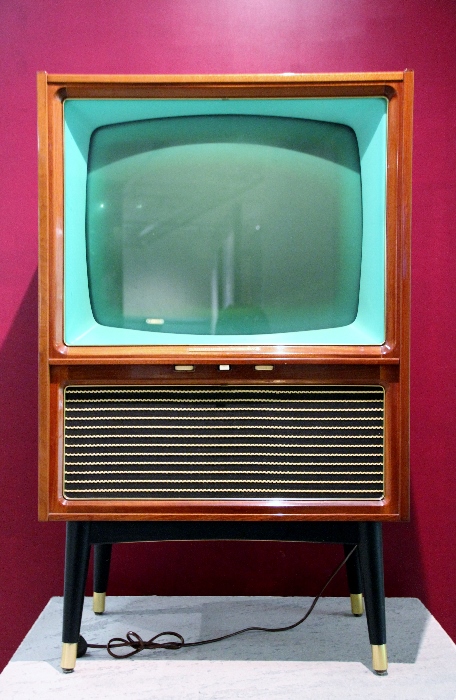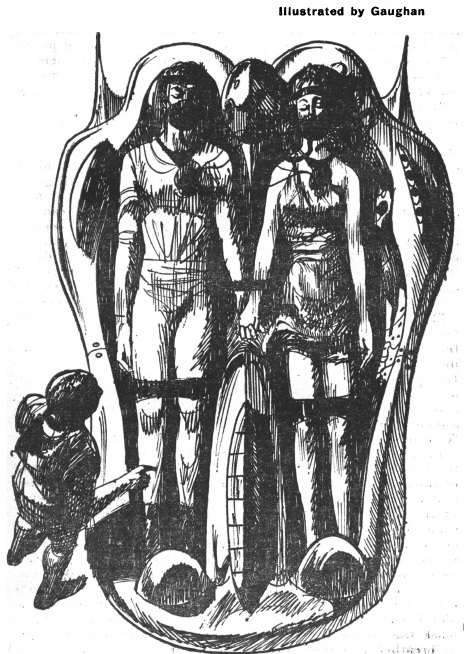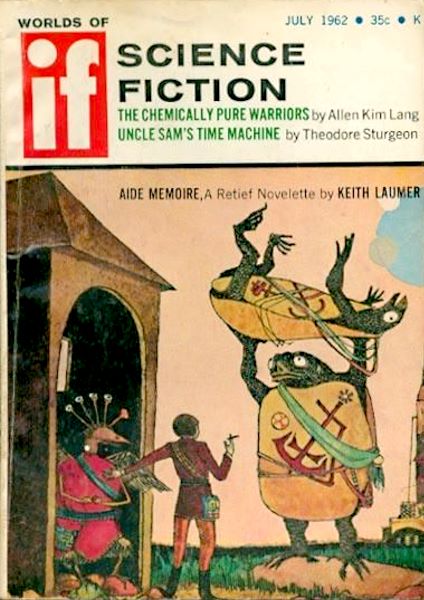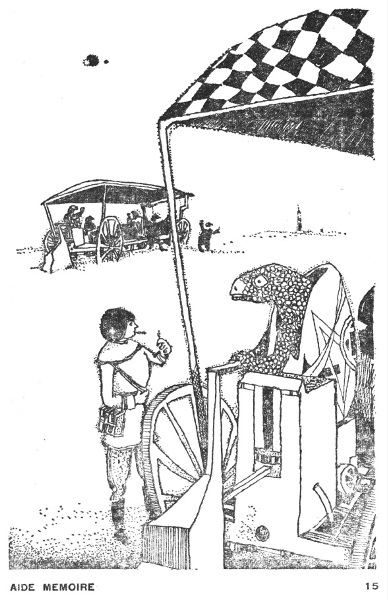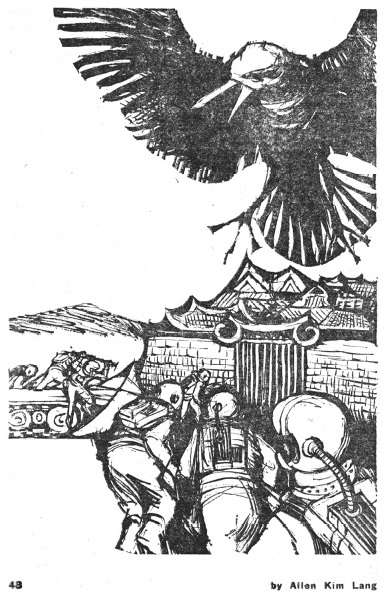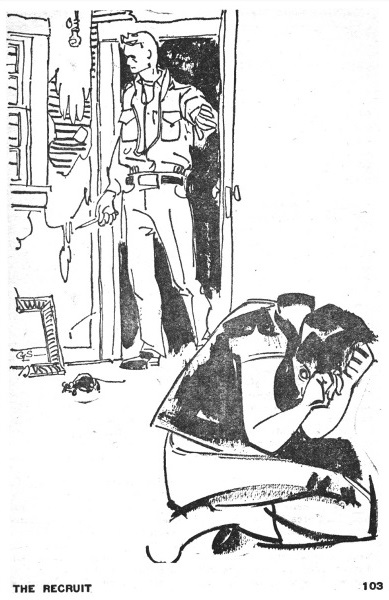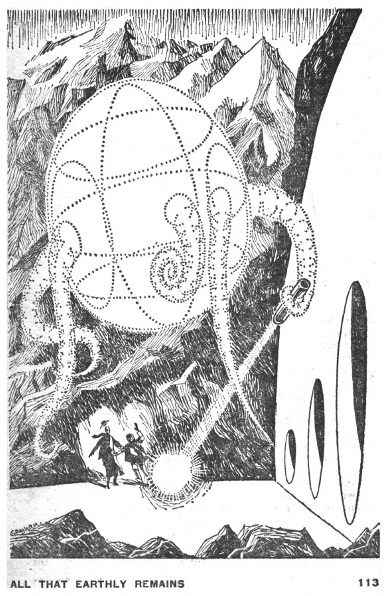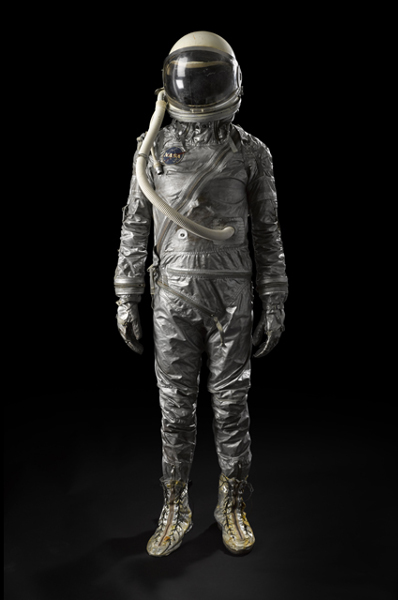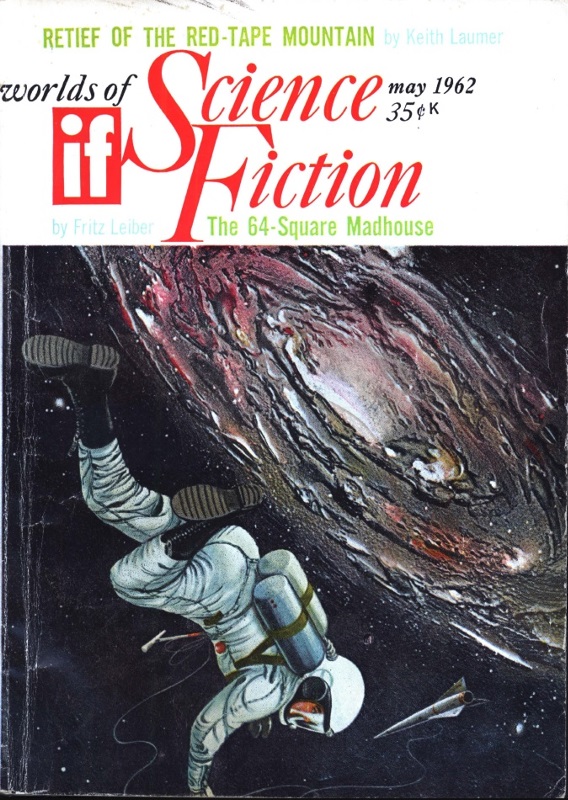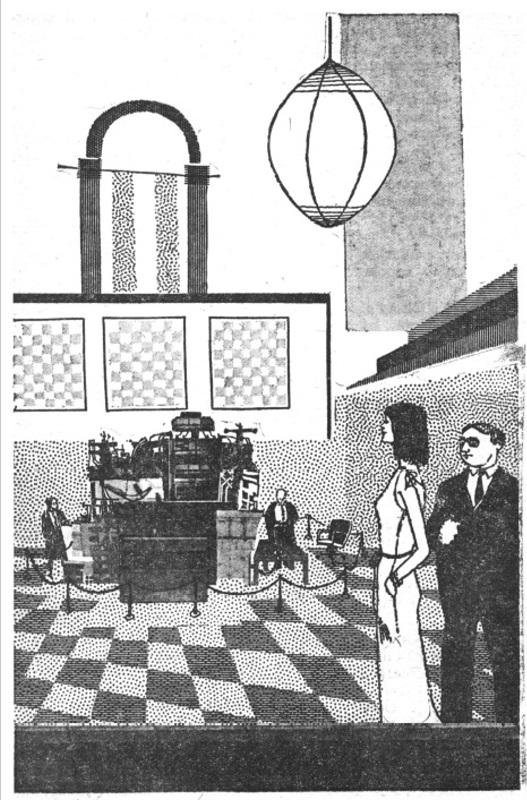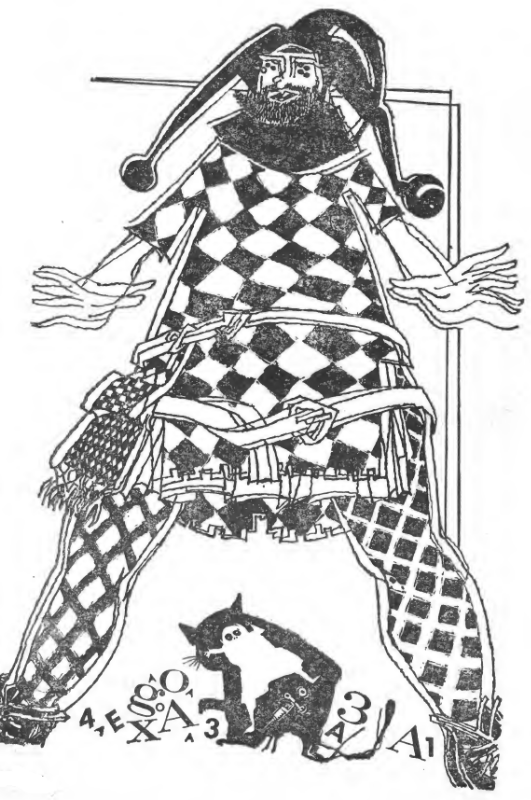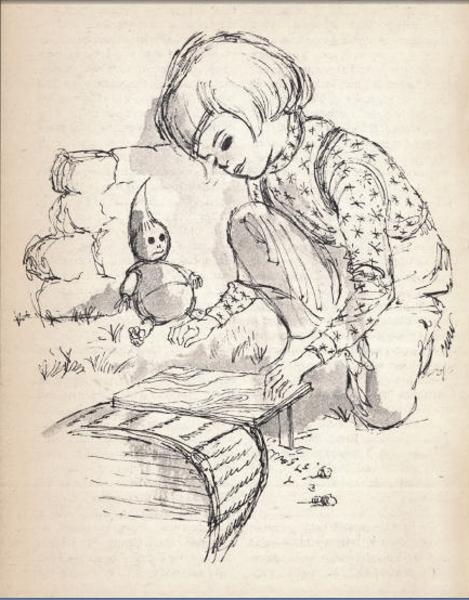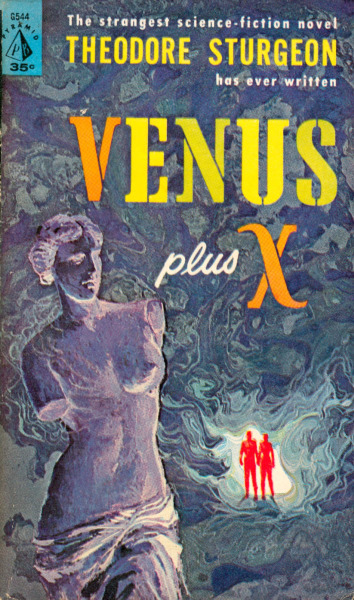[If you live in Southern California, you can see the Journey LIVE at Mysterious Galaxy Bookstore in San Diego, 2 p.m. on February 17!]

by Gideon Marcus
I've complained from time to time about the general decline in quality of some of the science fiction digests, namely Analog and Fantasy and Science Fiction. On the other hand, Cele Goldsmith's mags, Amazing and (particularly) Fantastic have become pretty good reads. And IF is often a delight. Witness the March 1963 issue. Not only does it have a lot of excellent stories, but the new color titles and illustrations really pop.
Speaking of which, Virgil Finlay provides most of the pictures in this issue. While I think he's one of the most talented artists in our genre (I gave him a Galactic Star last year), I find his subject matter increasingly dated. His pieces would better fit a magazine from the 40s.

The Time-Tombs, by J. G. Ballard
The Egyptians entombed their notables such that they might enjoy a rich and comfortable afterlife. But what if they had preserved them with the intention of eventual resurrection? Ballard's tale features a trio of grave robbers — pirate-archaeologists who plunder tombs containing the digitized remains of the long-dead. Each has their own motivations: scholarship, profit, romance. Taken too far, they lead to ruin. Ballard's tales tend to be heavy, even plodding. There's no question but that he's popular these days, and his stuff is worth reading. It's just not strictly to my taste. Three stars.
Saline Solution, by Keith Laumer
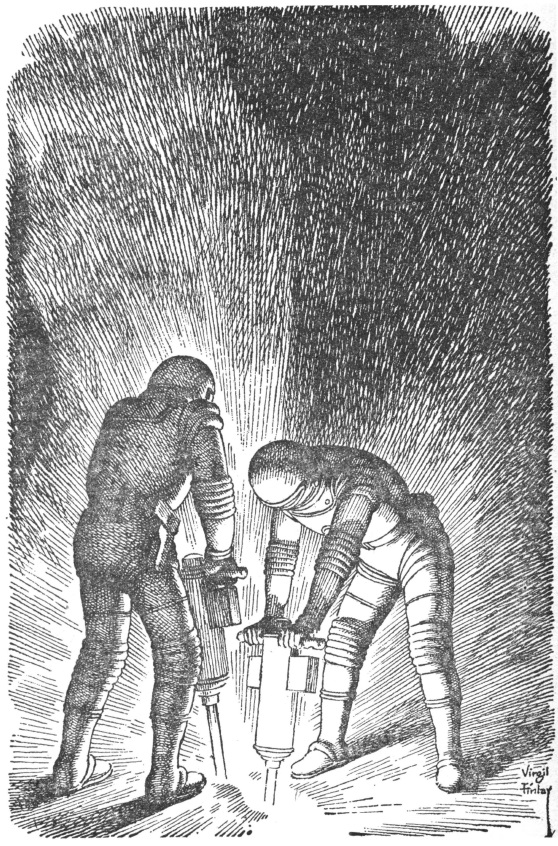
My correspondence with the Laumer clan (currently based in London) continues, but I'd enjoy his work regardless. The cleverly titled Saline Solution is one of my favorite stories involving Retief, that incredibly talented yet much put-upon diplomat/superspy of the future. It's also the first one that takes place in the Solar System. Four stars.
The Abandoned of Yan, by Donald F. Daley
Daley's first publication stars an abandoned wife on an autocratic world. It's a bleak situation in a dark setting, and I wasn't sure if I liked it when I was done. But it stayed with me, and that's worth something. Three stars.
The Wishbooks, by Theodore Sturgeon
Sturgeon's non-fiction piece this month is essentially a better, shorter version of the article on technical ads in last month's Analog. Three stars.
The Ten-Point Princess, by J. T. McIntosh
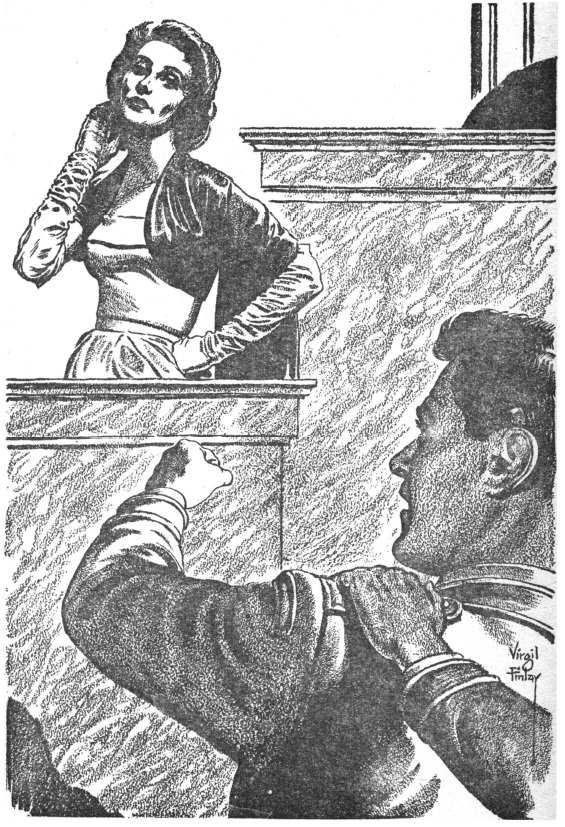
A conquered people deprived of their weapons still find clever ways to resist. When a Terran soldier kills his superior over an indigenous girl, is it justifiable homicide? Self defense? Or something much more subtle? It's up to an Earthborn military lawyer to find the truth. This is a script right out of Perry Mason with lots of twists and turns. Four stars (and I could see someone giving it five).
Countdown, by Julian F. Grow
Someday, our nuclear arsenals will be refined to computerized precision and hair-trigger accuracy. When that happens, will our humanity be sufficient to stop worldwide destruction? The beauty of this story is in the presentation. I read it twice. Four stars.
Podkayne of Mars (Part 3 of 3), by Robert A. Heinlein

At last, Heinlein's serial has come to an end. It only took five months and three issues. Sadly, the plot was saved for the last third, and it wasn't worth waiting for. Turns out Poddy's trip to Venus wasn't a pleasure cruise, but rather served as cover for her Uncle's ambassadorial trip. Two unnamed factions don't want this trip to happen, and they pull out all the stops to foil his mission. Overwritten, somewhat unpleasant, and just not particularly interesting. Two stars for this segment, and 2.67 for the aggregate.
Between this and Stranger in a Strange Land, has the master stumbled?
I, Executioner, by Ted White and Terry Carr
Last up is a haunting piece involving a mass…but intensely personal execution. Justice in the future combines juror and deathdealer into one role. Excellent development in this short tale. Four stars (and, again, perhaps worthy of five).

That comes out to eight pieces, one of which is kind of a dud, and four of which are fine. I know I plan to keep my subscription up.
Speaking of subscriptions, drift your eyes to the upper right of this article and note that KGJ is now broadcasting. Playing the latest pop, rock, mo-town, country, jazz, folk, and surf — and with not a single advertisement — I expect it to be a big hit from Coast to Coast… and beyond. Tune in!
[P.S. If you registered for WorldCon this year, please consider nominating Galactic Journey for the "Best Fanzine" Hugo. Your ballot should have arrived by now…]









